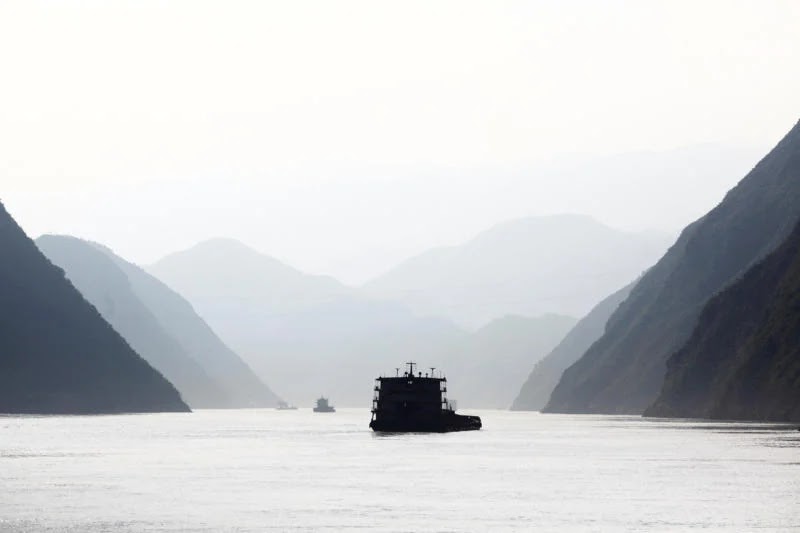As a protracted drought depletes water levels and threatens crops, regions reliant on China's biggest river, the Yangtze, are deploying pumps and cloud-seeding rockets. A two-week heatwave is also predicted to continue.
Over the past month, temperatures in the middle and lower reaches of the Yangtze River have exceeded 40 degrees Celsius (104 degrees Fahrenheit). Experts attribute these extreme temperatures to changes in the western Pacific subtropical high, a key factor in the weather in east Asia during the summer.
In an effort to safeguard the autumn harvest, the agricultural ministry has sent 25 teams to important regions, according to the Guangdong Daily, a publication of the Shanghai government.
According to analysts from China's National Climate Center, the heatwave is expected to extend for another two weeks, making it the longest continuous period of severe temperatures since records began in 1961.
According to the Yangtze River Water Resources Commission, rainfall in the Yangtze river drainage basin was roughly 30% lower in July and is 60% lower than average in August. The river's tributaries are also "substantially lower" than historical levels.
After a 50% decrease in rain in July, the Poyang lake in Jiangxi province, central China, which significantly controls Yangtze water flows in the summer, has decreased to levels typically observed during the winter dry season.
According to media reports, villages that depend on water from the lake have been compelled to use pumps to irrigate rice fields.
900 missiles have reportedly been made accessible in the vast municipality of Chongqing in the country's southwest in an effort to "seed" clouds and bring rain to the region, which is experiencing its second-hottest summer on record since records began in 1961.
Other places have started to alter the weather on their own.
China typically releases water from the Three Gorges reservoir to relieve the Yangtze's drought, but according to government data, downstream outflows are just half as high as they were a year earlier.



